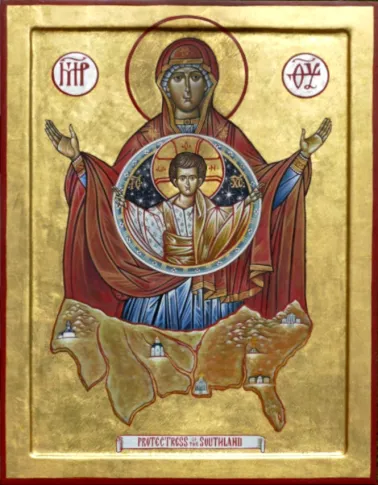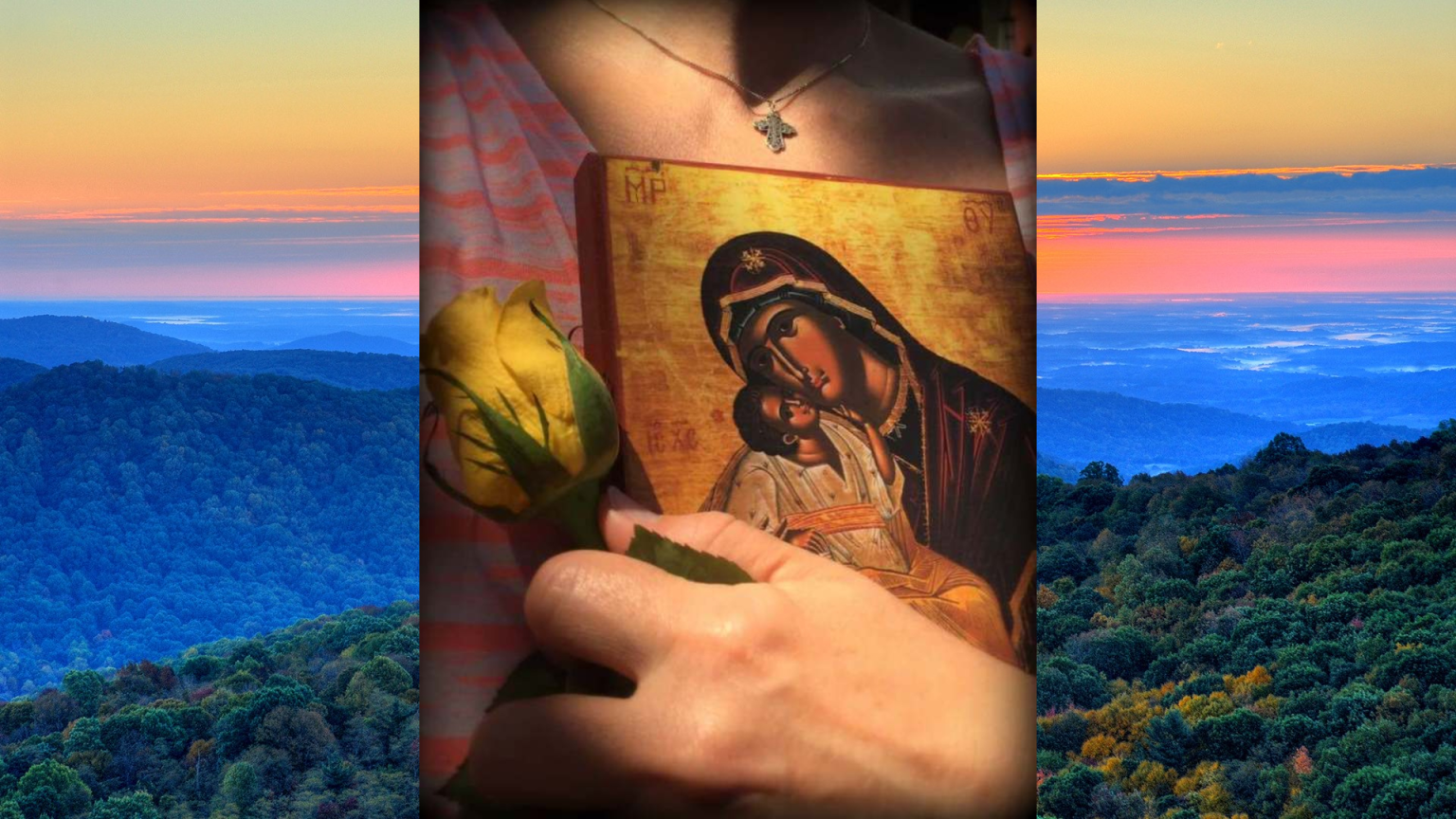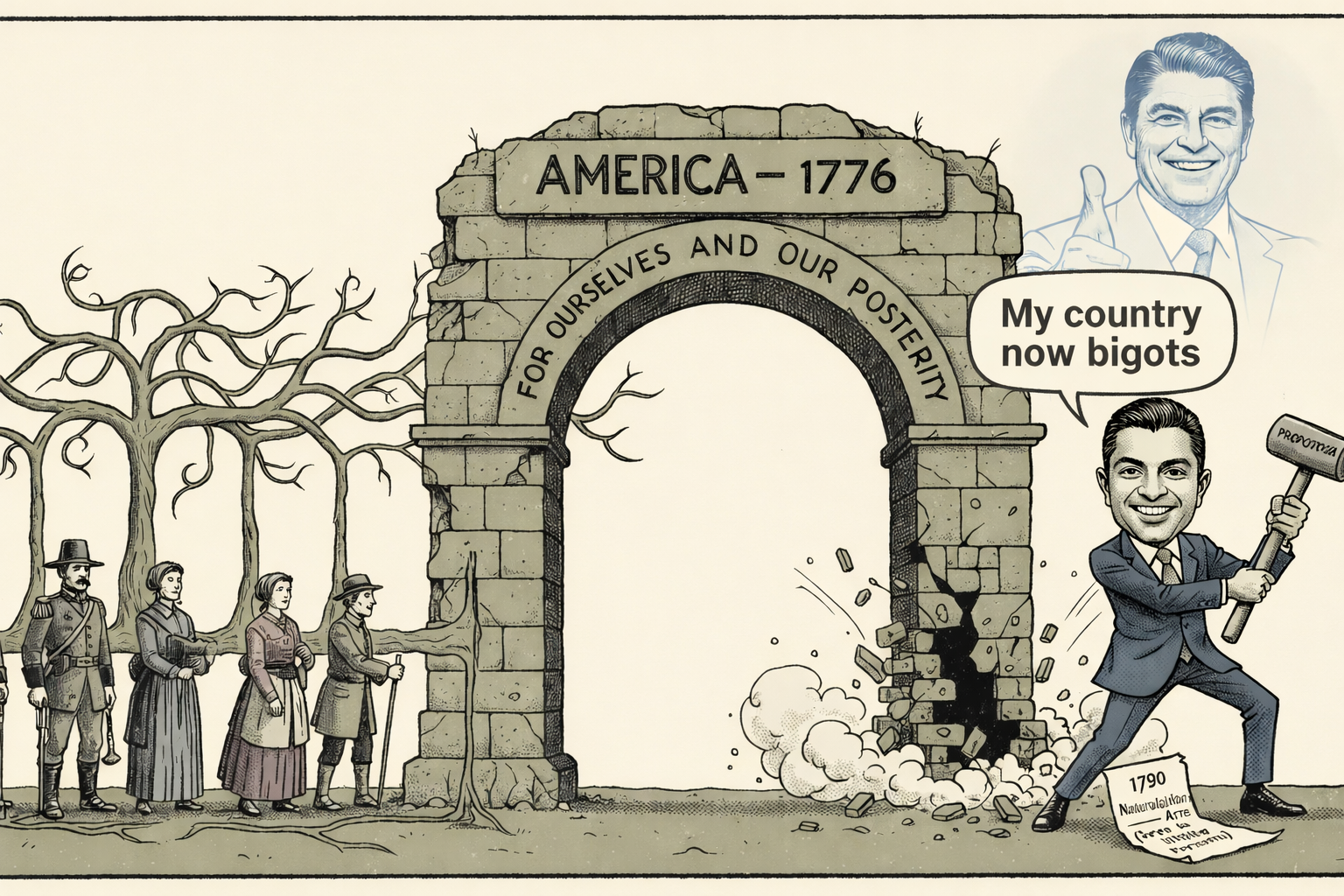Each of us has ancestors, both physical and spiritual, who gave us [our] language, culture and, most importantly, [our] faith …
— His Holiness Kirill, Patriarch of Moscow and All-Russia
To lose touch with that past, with those ancestors, means to become spiritually dry.
Some say that Orthodoxy suffers from a lack of converts here in America. While the faith of the One, True Church is shrinking in some ethnic enclaves of the Northeast and stagnating in other regions of the country, Orthodoxy is alive and growing here in the South. That’s because the people of Dixie are steeped in faith. It’s in our blood.
When it comes to religion, the postbellum American South has been called many things. “Christ haunted” by Flannery O’Connor and “peculiarly Christian” by W.J. Cash. Richard M. Weaver said it was a land of “older religiousness” marked with a “noncreedal faith,” and H.L. Mencken disparagingly pegged it “the Bible Belt.”
None of these descriptives seem too promising at first glimpse, but upon closer inspection they elucidate the fact that Southerners speak a language touched by the Gospels. We walk in a land paved by God-fearing men and live by folkways crafted by Scripture. These traits may sometimes seem distant, but they remain enigmatically familiar. We are a remnant who are used to Christ, yet too many are still yearning to be reconciled with Him. Why?
Well, in a word: history. The South was not only subjected to military invasion, conquest, and occupation, perpetual economic attacks, political disenfranchisement, and an assault on the localist agrarian way of life, but there was (and is) a religious war being waged on the Southern spirit. This reconstruction is meant to replace God and nature with secularism, scientism, and materialism, and human-scale living with identityless-ness. Today, we would call this cultural Marxism, or more precisely, Southern cultural genocide.
However, because Christianity is our inheritance, the South has endured. The quiet piety innate in the Southern character has given this land and her people a durability in spite of the mercantile and humanist onslaught. Our roots are sturdy, but our branches are weak and our leaves are withered.
We may have gotten Jesus right, but unfortunately, we got Church wrong. Our namesake, Philip Ludwell III realized that too, and this in Colonial times, well before the Unitarian, Transcendental, and Rationalist philosophies forced their way down South. A native Virginian who was kin to some of the Southland’s greatest men, like George Washington and Robert E. Lee, Ludwell was received into Eastern Orthodox Christianity in 1738, making him the first known Orthodox convert in the Americas.
Ludwell practiced his faith in secrecy and solitude while serving in the House of Burgesses, serving in the Royal Governors Council, and living amongst his mostly Anglican or Deist contemporaries. Still, he remained faithful to the Church, leading his daughters to Orthodox conversion on Holy Wednesday 1762. The colonel (a militia title in Colonial Virginia) even translated into English a catechism, and some Liturgical and confessional services and prayers.
Like Ludwell, our Southron brothers and sisters have a nonconformist strength, which will benefit us in defending the ancient faith in our post-Christian world. We were never the majority historically and are most certainly outcasts now. Foreigners in our own land, thus, we’ve built up an armor that bodes well for evangelizing in our increasingly pluralistic and spiritually fruitless society.
Just as the War gave varied people groups throughout Dixie a national consciousness, the Southern experience has equipped her people with spiritual ammunition. It’s much harder to break a people who are used to suffering but only if they’re encouraged to be stout, not self-loathing; vigilant, not prideful; thankful, not shameful; bold, not complacent.
Just as a battle-worn identity is our heritage, so too are virtue, honor, and duty. We respect tradition, history, and ancestry, and believe in godly authority, hierarchy, and decentralization. We natives seek venerable “old-time” truths, not popular feel-good fictions. Our customs fully balance self-reliance and surrender, self-interest and selflessness, the individual and the collective. So many Orthodox elements already resonate deep within Dixie’s culture.
This is why the Southern identity can be used as a tool to sow the seeds of Orthodox Christian identity, while Orthodoxy can help to protect our hospitable and historic homeland. These are not mutually exclusive identities at all, for they can work in concert – a symbiosis uniting the divine and universal with the Southron spirit. As St. Tikhon of Moscow said, the Orthodox Faith is “the best and most reliable way to preserve and support your national character.”
So, let’s baptize what’s here. Let’s bring Orthodoxy to the “Southern nation” and consequently endow that tradition as a healthy and organic expression, not a theoretical idea. Just like when Jesus talked to the woman at the well of Jacob (Photine of Samaria) and stressed His belonging to the Jewish nation as to better communicate His words, we Orthodox Southerners will speak the language of our fellow Dixians. The often shallow cup of immigrant missionaries simply cannot help to quench a people’s thirst for truth as lovingly as can kinfolk.
Be awake, aware, informed. Don’t keep Orthodoxy to yourself as though it were some private treasure. Share it!
— Father Seraphim Rose
I heard it said by a priest once that Orthodoxy propagates in the South like a native plant. So, let’s regenerate our people back to Christ. Let’s illumine them to the authentic Church and foster true reconciliation. Let’s tend to our fig tree (or in Dixie’s case, perhaps it’s a black walnut, black gum, persimmon, peach, or pecan tree), bring forth the spiritual fruits thereof, and protect our beloved Southland that has for so long nurtured these roots. It’s time to come home, y’all.

Deo vindice.
Originally published April 30, 2021, at Dissident Mama.
Also, on November 21, 2021, at Ludwell Orthodox Fellowship.
Rebecca “Ilia” Dillingham runs the blog and podcast Dissident Mama, where she describes herself as a “Truth warrior, Jesus follower, wife, boymom, and lifelong learner. Apologetics practitioner for Orthodox Christianity, the Southern tradition, homeschooling, and freedom.” She is a native of Richmond, Virginia, and earned a B.A. in journalism from the University of Wisconsin-Madison. Ilia and her husband and three sons were chrismated into the Holy Orthodox Church in 2017 and are currently parishioners of St. Thomas Russian Orthodox Mission in the Piedmont region of the Tarheel State. She can also be found on Gab at her personal page and that of the LOF foundation.





